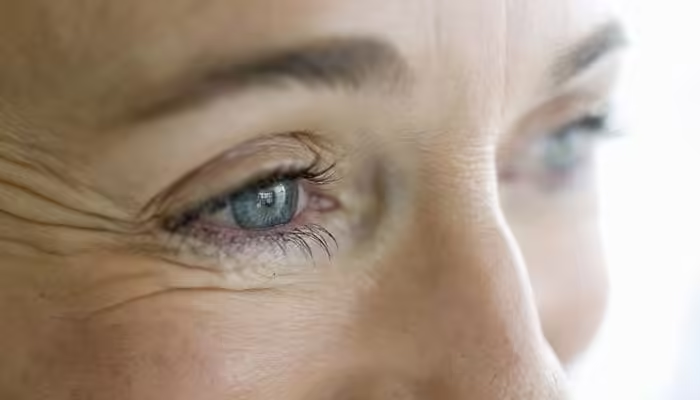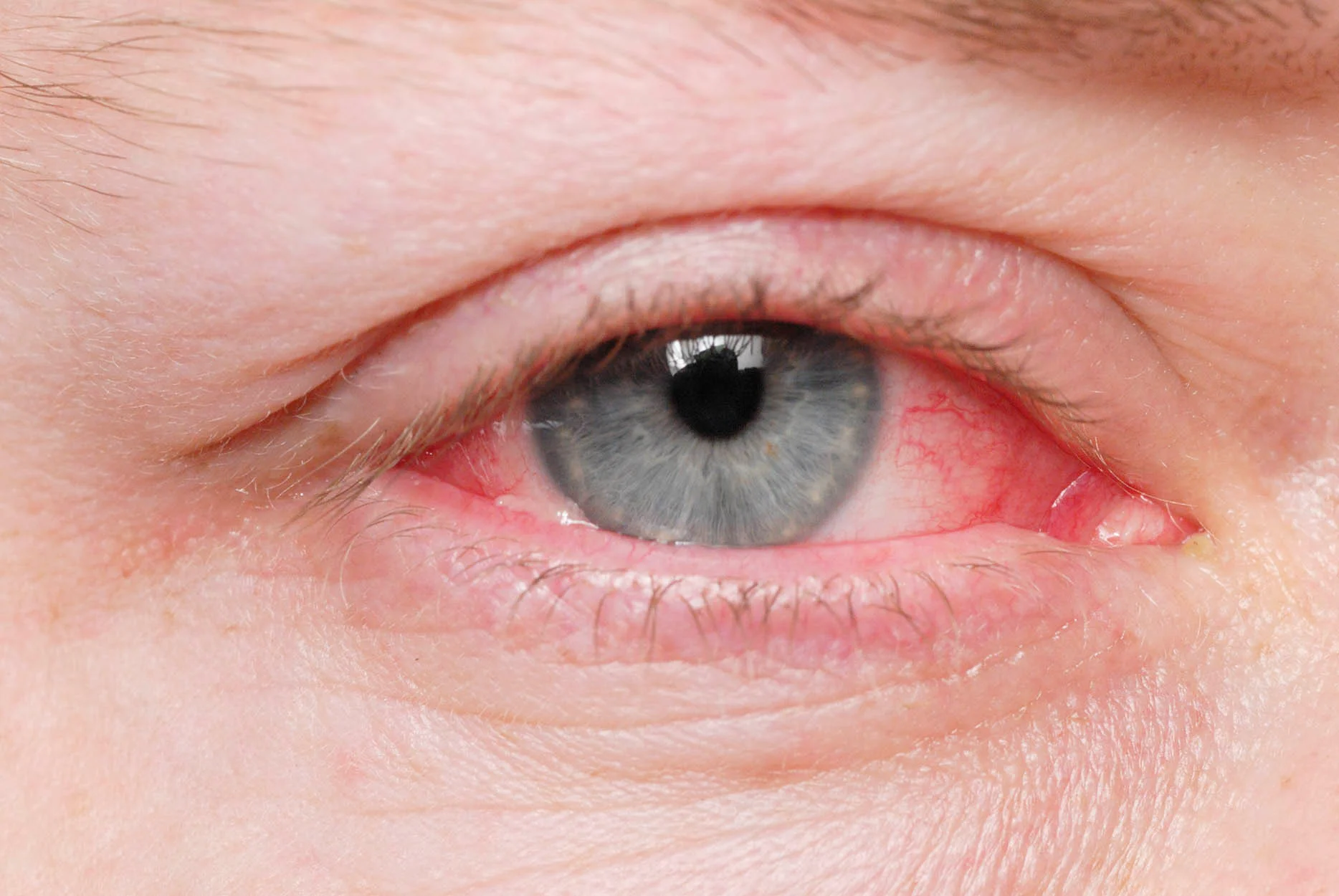In today’s world, smartphones have become ubiquitous, with people spending a significant portion of their day engaging with various apps and functions on these devices. However, many are unaware of a hidden danger: the blue light emitted by smartphones and other digital screens. This blue light is not only harmful to your sleep and vision but also poses significant risks to your skin health, contributing to premature aging and other skin issues.
The Impact of Blue Light on Skin Health
Skin Damage and Aging
Recent studies have shown that the blue light emitted by smartphones, laptops, and TVs, despite being 100 to 1000 times less intense than sunlight, can still cause considerable damage to the skin. One of the primary effects of blue light is the acceleration of skin pigmentation. Research indicates that blue light exposure stimulates the production of melanin, the pigment responsible for the natural color of the skin. While melanin is crucial for protecting the skin against UV radiation, an excess production can lead to dark spots and hyperpigmentation.
Furthermore, blue light has been found to damage collagen, a critical protein that maintains the skin’s structure and elasticity. Collagen degradation leads to the formation of wrinkles, making the skin appear aged and less firm. A study highlighted that merely holding these devices close to the skin for an hour daily could initiate this damage, underscoring the potency of blue light’s effects even with relatively short exposure.
Sleep Disruption and Skin Effects
Blue light’s impact is not confined to the skin alone; it also significantly affects sleep patterns. Exposure to blue light, especially before bedtime, interferes with the production of melatonin, the hormone that regulates sleep. This disruption can lead to insomnia, difficulty in falling asleep, and poor sleep quality. The consequences of inadequate sleep extend beyond feeling tired; they manifest visibly on the skin.
When the skin around the eyes sags or dark circles appear, blue light exposure is often a contributing factor. Insufficient sleep exacerbates these conditions and can also worsen other skin issues such as psoriasis. The body’s increased levels of cortisol, a stress hormone, due to lack of sleep, further impairs collagen production, accelerating skin aging.
Common Habits That Accelerate Brain Aging
Many daily habits that seem harmless can accelerate the aging of the brain. Similar to the effects of blue light on the skin, these habits cumulatively impact overall health. It’s essential to recognize these behaviors and mitigate them to maintain both cognitive and physical well-being.
Practical Steps to Protect Your Skin
Limiting Screen Time
To mitigate the harmful effects of blue light, it is crucial to limit screen time, especially before going to bed. Avoid using smartphones, laptops, or watching TV at least an hour before sleep to allow your body to produce melatonin naturally.
Using Blue Light Filters
Most modern devices come equipped with blue light filters or “night mode” settings that reduce the amount of blue light emitted. Activating these settings can help minimize skin and sleep disruptions.
Incorporating Antioxidants in Skincare
Antioxidants such as vitamin C and E in skincare routines can help combat the oxidative stress caused by blue light. These antioxidants protect the skin by neutralizing free radicals and supporting collagen production.
Wearing Sunscreen Indoors
While sunscreen is traditionally associated with outdoor protection, using sunscreen indoors can also be beneficial. Opt for sunscreens that provide broad-spectrum protection, including defense against blue light.
while the convenience and connectivity offered by smartphones and other digital devices are undeniable, it is essential to be aware of the hidden risks associated with blue light exposure. By understanding how blue light affects skin health and taking proactive steps to mitigate its impact, individuals can protect their skin from premature aging and maintain overall well-being. As technology continues to advance, being mindful of its effects on our health will be crucial in navigating the digital age safely.



